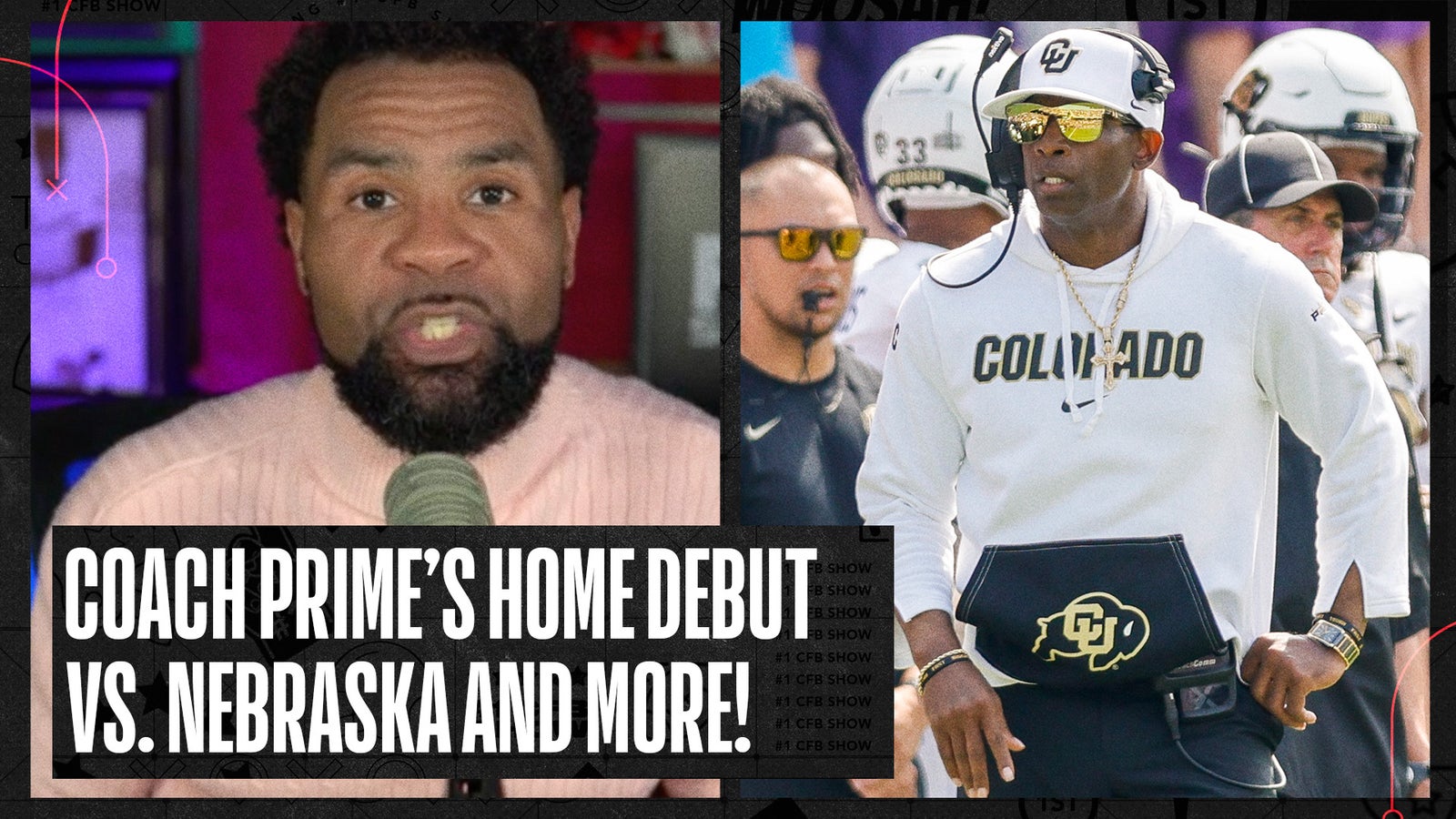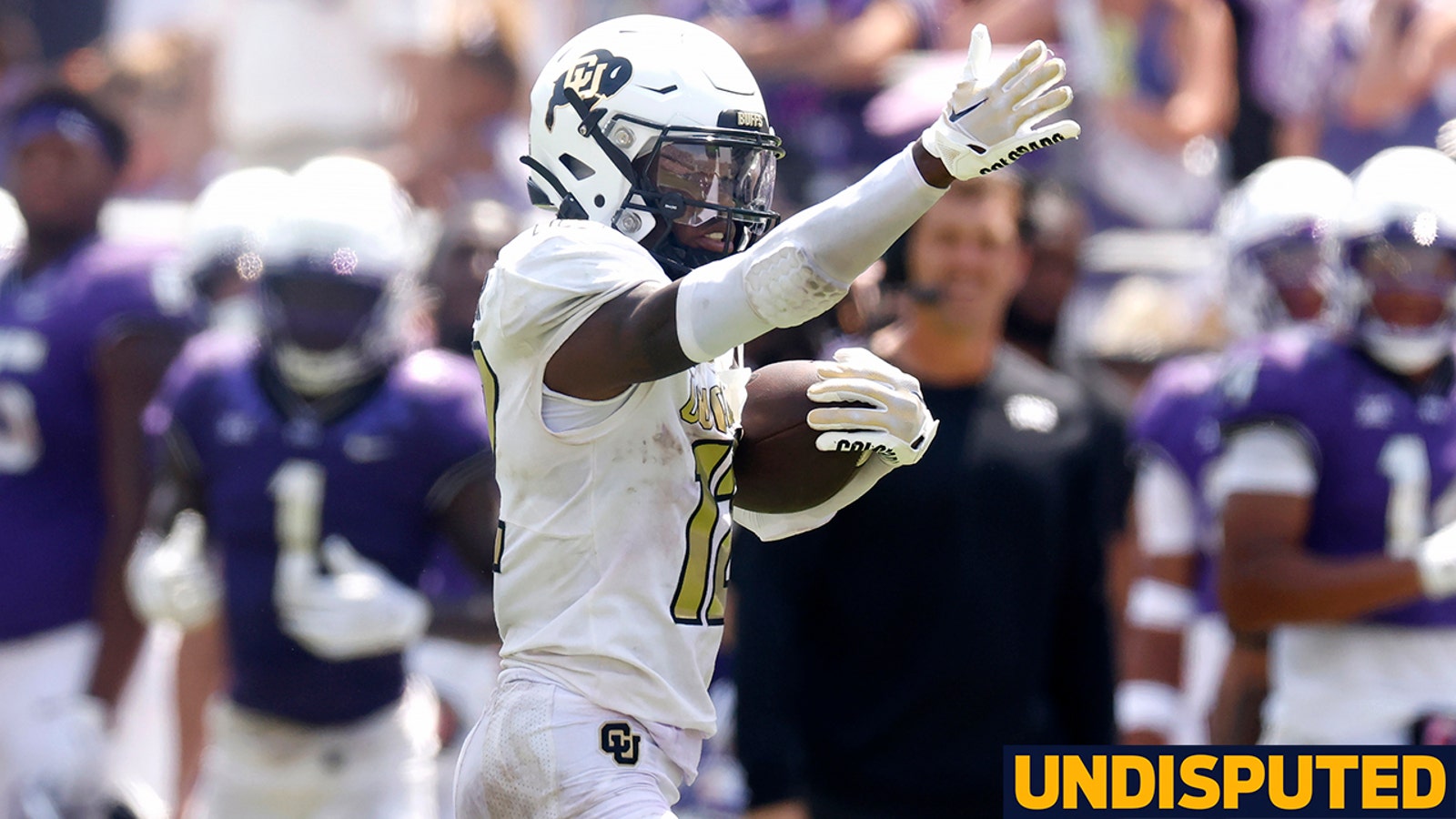In the spring of 2021, those who doubted that Deion “Coach Prime” Sanders would impact the sport may have felt vindicated when the Alabama State Hornets became the first school to beat a Prime-led team.
Behind the play of running back Ezra Gray — currently in the USFL with the Memphis Showboats — Alabama State scored 21 fourth-quarter points to beat Sanders’ Jackson State Tigers, 35-28. Gray rushed 23 times for 195 yards in the win.
That game still puts a smile on the face of Jim Popp, who was the assistant head coach and running backs coach on that Alabama State team. Sure, he was proud of his guy and proud to get the win. Even then, though, he knew there weren’t going to be many teams that could stop a squad coached by Prime.
He was right. Only six teams have beaten Prime in 34 games, and only three since 2021.
“Across the sideline, you could see how Deion had those kids believing,” Popp told me. “It’s one thing to get players. It’s another to motivate them the way he does.”
Popp, who is now the USFL vice president of player personnel, played for legendary Michigan State coach George Perles and later worked for Perles as a grad assistant under Nick Saban.
He also is one of the most decorated general managers the sport has ever produced. In the Canadian Football League, he built the rosters of three franchises that made a combined 11 trips to the Grey Cup, winning five.
He is the first general manager in history to record seven-straight seasons of 12 wins or more with a franchise, and only one pro franchise was more successful than his were from 1996 to 2016: the New England Patriots, who employed the greatest football player of all-time during that time — Tom Brady.
Popp is one of the best evaluators of talent I’ve ever met. He’s honest, forthright and, unlike many in the sport, has spent enough time around HBCU programs to know that there is talent at most of them. Some of that talent dismissed Power 5 offers because playing at a historically Black university was more important to them. Prime made that choice easier for others — like Travis Hunter and Sy’veon Wilkerson, who followed Prime from JSU to Colorado.
However, the facilities at most FCS programs — let alone HBCU programs — can’t rival those of Power 5 programs, which have larger budgets, larger alumni bases, and cash and popularity infusions from nationally televised games.
Perhaps that’s why so many are already counting the days until the 2024 NFL Draft, for which Hunter will be eligible. And NFL evaluators are already drawing some conclusions from Hunter’s 134 snaps played — nearly four football games for the average FBS player.
“Elite ball skills on both sides,” one NFL evaluator told me about Hunter. “Has excellent instincts in spatial awareness in zone coverage. Knows when to come off his man and has awareness and understands route combos.
“My negative issue is I’ve seen people get behind him at both schools. And his size to be a shutdown corner (he’s listed as 6-foot-1, 185 pounds). As a WR, he makes tons of contested catches (ball skills) but I question why he’s always contested. He’s young and will continue to improve. I see him having more of an impact as a WR. The people they want to compare him to (Charles Woodson, Deion, Champ Bailey) were bigger. But he’s a monster and to play that many plays speaks to his toughness and competitiveness.”
There are yet more who might be looking toward Hunter’s quarterback, Shedeur Sanders, as a possible pick in the upcoming NFL Draft. While one NFL assistant personnel director told me it’s too early to put a grade on him, Sanders’ record-breaking performance in a close ball game (510 passing yards in Saturday’s 45-42 win over TCU) should allay fears about his talent as a pro.
“Anyone who says moving up from FCS to FBS wasn’t a concern is being willfully obtuse,” the evaluator told me. “That said, he rendered that a moot point early and often in the (TCU) game. His poise, decision-making, command, leadership, and accuracy were there. When TCU grabbed the lead and the game was teetering, he did not flinch at all. It was as impressive a game as I’ve seen in a while. It’s far too early to say he is or isn’t a first-round QB, but he has everything you want other than a huge arm, but his arm is good enough.”
In a profile at GQ Magazine, Carl Williams, the father of USC quarterback and presumptive No. 1 NFL Draft pick Caleb Williams said his son might return to school for his senior season.
“If there’s not a good situation,” Caleb’s father, Carl Williams, says of his son’s NFL draft prospects, “the truth is, he can come back to school.”
If that’s the case, perhaps NFL franchises should be evaluating Sanders, putting a grade on him, and watching him as closely as they can. Like his father, Shedeur Sanders has already proven to be one of the most talented players in the sport.
RJ Young is a national college football writer and analyst for FOX Sports and the host of the podcast “The Number One College Football Show.” Follow him on Twitter at @RJ_Young and subscribe to “The RJ Young Show” on YouTube.
COLLEGE FOOTBALL trending

Get more from College Football Follow your favorites to get information about games, news and more



